Ibuprofen
How to submit an article:
- Registered users can submit any published journal article that has a unique DOI (Digital Object Identifier) name or link to Research Hub.
- For example, you can paste the full DOI link:
https://doi.org/10.1109/5.771073or just the DOI name:10.1109/5.771073into the field above and click submit. - The person who is first to submit a valid article to Research Hub will forever be credited for it, and every article submission earns you +6 Research Points.
Published research studies are articles that present the findings of original research that has undergone a peer-review process and has been made publicly available in scholarly journals, books or other media.
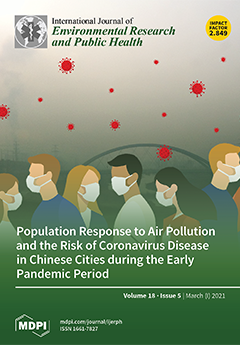
Single-Blind Randomized Controlled Trial: Comparative Efficacy of Dark Chocolate, Coconut Water, and Ibuprofen in Managing Primary Dysmenorrhea
2023 Aug 21 International Journal of Environmental Research and Public Health Nuha K, Rusmil K, Ganiem AR, Permadi W, Diah Herawati DM
Randomised Controlled Trial Coconut Water Period Pain IbuprofenDark chocolate, with its high cocoa content, may possess pain-relieving properties comparable to Ibuprofen.
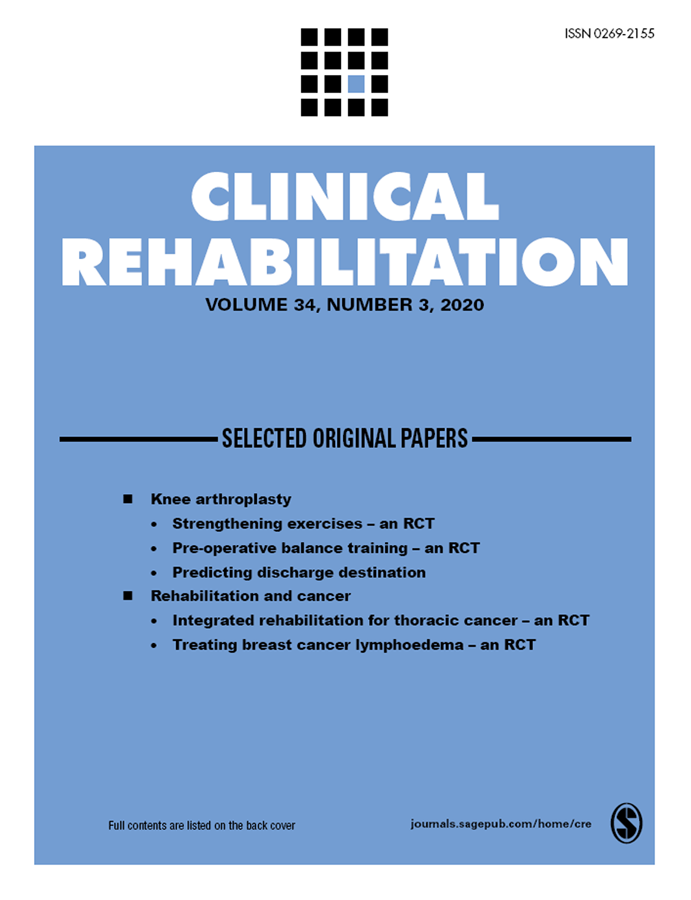
Acupuncture and related interventions for carpal tunnel syndrome: systematic review
2019 Sep 26 Clinical Rehabilitation Wu IXY, Lam VCK, Ho RST, Cheung WKW, Sit RWS, Chou LW, et al.
Systematic Review Carpal Tunnel SyndromeFor both symptom relief and function improvement, manual acupuncture is superior to ibuprofen for carpal tunnel syndrome.
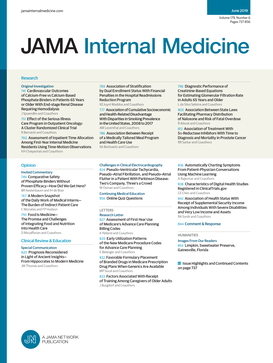
The Long-term Effect of Acupuncture for Migraine Prophylaxis A Randomized Clinical Trial
2017 Apr JAMA Internal Medicine Zhao L, Chen J, Li Y, et al
This study showed that acupuncture was more efficacious for migraine patients (without aura) in the long run for at least 24 weeks. Patients reported to have reduced intake of medication (such as ibuprofen) and have less associated pain or side effects. They also have significant improvement with overall quality of life.
Randomised Controlled Trial
Systematic Review of Acupuncture for Chronic Prostatitis/Chronic Pelvic Pain Syndrome
2016 Mar Medicine Qin Z, Wu J, Zhou J, Liu Z.
Systematic Review Meta-Analysis Bladder ConditionsCurrent evidence supports acupuncture as an effective treatment for chronic prostatitis/chronic pelvic pain syndrome-induced symptoms, particularly in relieving pain.

Effectiveness of Acupuncture for Treating Sciatica: A Systematic Review and Meta-Analysis
2015 Oct 21 Evidence-Based Complementary and Alternative Medicine Zongshi Qin, Xiaoxu Liu, Jiani Wu, Yanbing Zhai, Zhishun Liu,
Systematic Review Meta-Analysis Back, Hip & Leg PainThe use of acupuncture may be more effective than drugs and may enhance the effect of drugs for patients with sciatica.
Research insights are moderated by the Research Hub team and offer an at-a-glance overview of interesting research findings.

2023 International Journal of Environmental Research and Public Health
Dark chocolate, with its high cocoa content, may possess pain-relieving properties comparable to Ibuprofen.
Randomised Controlled Trial Coconut Water Period Pain
Single-Blind Randomized Controlled Trial: Comparative Efficacy of Dark Chocolate, Coconut Water, and Ibuprofen in Managing Primary Dysmenorrhea
Nuha K, Rusmil K, Ganiem AR, Permadi W, Diah Herawati DM

2019 Clinical Rehabilitation
For both symptom relief and function improvement, manual acupuncture is superior to ibuprofen for carpal tunnel syndrome.
Systematic Review Carpal Tunnel Syndrome
Acupuncture and related interventions for carpal tunnel syndrome: systematic review
Wu IXY, Lam VCK, Ho RST, Cheung WKW, Sit RWS, Chou LW, et al.

2016 Medicine
Current evidence supports acupuncture as an effective treatment for chronic prostatitis/chronic pelvic pain syndrome-induced symptoms, particularly in relieving pain.
Systematic Review Bladder Conditions
Systematic Review of Acupuncture for Chronic Prostatitis/Chronic Pelvic Pain Syndrome
Qin Z, Wu J, Zhou J, Liu Z.

2015 Evidence-Based Complementary and Alternative Medicine
The use of acupuncture may be more effective than drugs and may enhance the effect of drugs for patients with sciatica.
Systematic Review Back, Hip & Leg Pain
Effectiveness of Acupuncture for Treating Sciatica: A Systematic Review and Meta-Analysis
Zongshi Qin, Xiaoxu Liu, Jiani Wu, Yanbing Zhai, Zhishun Liu,
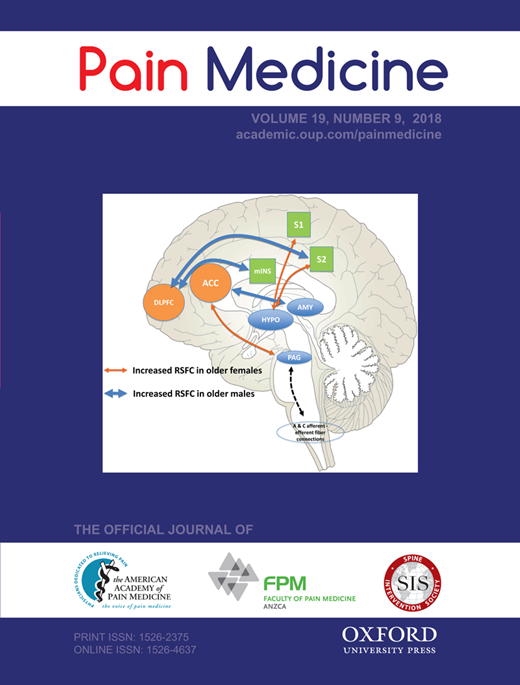
2011 Pain Medicine
Ginger can reduce the direct activation of type 3 and 4 afferent nerve fibers by substances such as bradykinin and sensitization of afferent fibers by prostaglandins and cytokines.
Systematic Review Anti-Inflammatory Anti-Prostaglandin Mefenamic Acid Osteoarthritis
The Use of Ginger (Zingiber officinale) for the Treatment of Pain: A Systematic Review of Clinical Trials
Rohini Terry, PhD, Paul Posadzki, PhD, Leala K. Watson, BSc (Hons), et al.
Review Articles
Review articles summarise and critically evaluate the current state of research on a specific topic or field by synthesising multiple primary research studies.

Acupuncture and related interventions for carpal tunnel syndrome: systematic review
2019 Sep 26 Clinical Rehabilitation Wu IXY, Lam VCK, Ho RST, Cheung WKW, Sit RWS, Chou LW, et al.
Systematic Review Carpal Tunnel SyndromeFor both symptom relief and function improvement, manual acupuncture is superior to ibuprofen for carpal tunnel syndrome.

Systematic Review of Acupuncture for Chronic Prostatitis/Chronic Pelvic Pain Syndrome
2016 Mar Medicine Qin Z, Wu J, Zhou J, Liu Z.
Systematic Review Meta-Analysis Bladder ConditionsCurrent evidence supports acupuncture as an effective treatment for chronic prostatitis/chronic pelvic pain syndrome-induced symptoms, particularly in relieving pain.

Effectiveness of Acupuncture for Treating Sciatica: A Systematic Review and Meta-Analysis
2015 Oct 21 Evidence-Based Complementary and Alternative Medicine Zongshi Qin, Xiaoxu Liu, Jiani Wu, Yanbing Zhai, Zhishun Liu,
Systematic Review Meta-Analysis Back, Hip & Leg PainThe use of acupuncture may be more effective than drugs and may enhance the effect of drugs for patients with sciatica.

The Use of Ginger (Zingiber officinale) for the Treatment of Pain: A Systematic Review of Clinical Trials
2011 Dec 11 Pain Medicine Rohini Terry, PhD, Paul Posadzki, PhD, Leala K. Watson, BSc (Hons), et al.
Systematic Review Osteoarthritis Anti-Prostaglandin Anti-Inflammatory Mefenamic AcidGinger can reduce the direct activation of type 3 and 4 afferent nerve fibers by substances such as bradykinin and sensitization of afferent fibers by prostaglandins and cytokines.
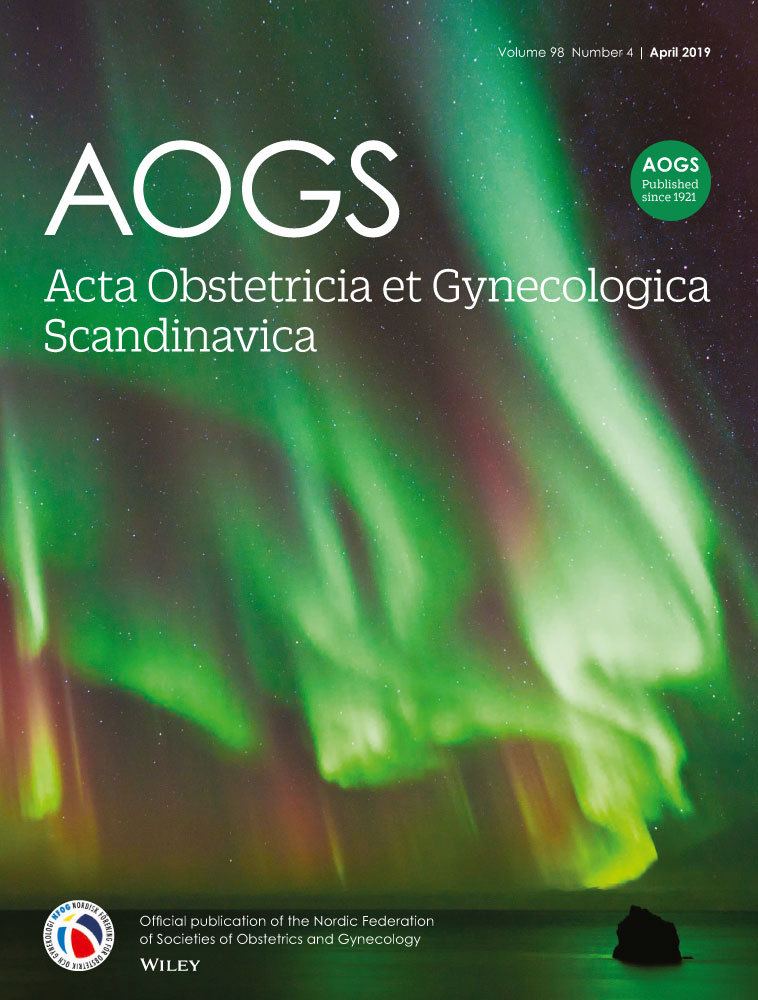
Systematic review of clinical trials of acupuncture-related therapies for primary dysmenorrhea
2010 Dec 31 Acta Obstetricia et Gynecologica Scandinavica Yang, H., Liu, C.-Z., Chen, X., et al.
Systematic Review Period Pain & EndometriosisAcupuncture-related therapies may have potential as an intervention for primary dysmenorrhea.
Clinical Trials
Clinical trials are research studies that involve people and are conducted to evaluate the safety and efficacy of new treatments or interventions, such as drugs, medical devices, or behavioural therapies.

Single-Blind Randomized Controlled Trial: Comparative Efficacy of Dark Chocolate, Coconut Water, and Ibuprofen in Managing Primary Dysmenorrhea
2023 Aug 21 International Journal of Environmental Research and Public Health Nuha K, Rusmil K, Ganiem AR, Permadi W, Diah Herawati DM
Randomised Controlled Trial Coconut Water Period Pain IbuprofenDark chocolate, with its high cocoa content, may possess pain-relieving properties comparable to Ibuprofen.

The Long-term Effect of Acupuncture for Migraine Prophylaxis A Randomized Clinical Trial
2017 Apr JAMA Internal Medicine Zhao L, Chen J, Li Y, et al
This study showed that acupuncture was more efficacious for migraine patients (without aura) in the long run for at least 24 weeks. Patients reported to have reduced intake of medication (such as ibuprofen) and have less associated pain or side effects. They also have significant improvement with overall quality of life.
Randomised Controlled TrialStudy Protocols
Published study protocols are detailed plans that outline the objectives, methodology, statistical analyses, and organisation of a research study that have been made publicly available for others to review and use as a reference.
Presentation Slides

Randomised Controlled Trial
Dark chocolate, with its high cocoa content, may possess pain-relieving properties comparable to Ibuprofen.
Nuha K, Rusmil K, Ganiem AR, Permadi W, Diah Herawati DM

Systematic Review
For both symptom relief and function improvement, manual acupuncture is superior to ibuprofen for carpal tunnel syndrome.
Wu IXY, Lam VCK, Ho RST, Cheung WKW, Sit RWS, Chou LW, Zhang Y, Leung TH, Chung VCH

Systematic Review
Current evidence supports acupuncture as an effective treatment for chronic prostatitis/chronic pelvic pain syndrome-induced symptoms, particularly in relieving pain.
Qin Z, Wu J, Zhou J, Liu Z.

Systematic Review
The use of acupuncture may be more effective than drugs and may enhance the effect of drugs for patients with sciatica.
Zongshi Qin, Xiaoxu Liu, Jiani Wu, Yanbing Zhai, Zhishun Liu,

Systematic Review
Ginger can reduce the direct activation of type 3 and 4 afferent nerve fibers by substances such as bradykinin and sensitization of afferent fibers by prostaglandins and cytokines.
Rohini Terry, PhD, Paul Posadzki, PhD, Leala K. Watson, BSc (Hons), Edzard Ernst, MD, PhD

Systematic Review
Acupuncture-related therapies may have potential as an intervention for primary dysmenorrhea.
Yang, H., Liu, C.-Z., Chen, X., Ma, L.-X., Xie, J.-P., Guo, N.-N., Ma, Z.-B., Zheng, Y.-Y., Zhu, J., & Liu, J.-P.
Executive Summary
Write an executive summary in the form of a blog article on the topic of "Research into Chinese medicine treatment for Ibuprofen" summarising the research below and using language that can be easily understood by patients and avoiding medical jargon using a professional and caring tone of voice.
Write an executive summary in the form of a blog article on the topic of "Researched Chinese medicine treatments for Ibuprofen" summarising the research below in an objective and easy to understand way, and using language that can be easily understood by patients. Group the article into Chinese medicine treatments first, followed by nutrition and other treatments. Avoid using medical jargon and use a professional and caring tone of voice.
Write me a concise but easy to understand executive summary on the topic of "Chinese medicine treatments for Ibuprofen" based on the following research that I will give you. Your summary should be 2 paragraphs long in Australian English spelling and include references to the studies.
A Randomised Controlled Trial published in 2023 in the journal International Journal of Environmental Research and Public Health found that Dark chocolate, with its high cocoa content, may possess pain-relieving properties comparable to Ibuprofen. In this research, a randomized controlled trial with a quantitative design was conducted, involving 45 participants randomly assigned to receive 330 mL of green coconut water, 35 g of 70% dark chocolate, or 400 mg Ibuprofen. After the intervention, there was a noticeable change in the reported pain intensities. Among the women, 48.9% reported experiencing mild pain, indicating a reduction in pain intensity. Furthermore, 17.8% of the women still reported moderate pain, suggesting some improvement but not a complete alleviation of pain. It is noteworthy that none of the women reported severe pain after the intervention. Additionally, 33.3% of the women reported being pain-free, indicating a significant decrease in pain intensity. These findings demonstrate the effectiveness of the interventions in reducing pain intensity among women. The results suggest that the treatments, including Ibuprofen, coconut water, and dark chocolate, were successful in providing pain relief, with the majority of women experiencing either mild pain or no pain after the intervention.
A Systematic Review published in 2019 in the journal Clinical Rehabilitation found that For both symptom relief and function improvement, manual acupuncture is superior to ibuprofen for carpal tunnel syndrome. Result of this systematic review has shown that acupuncture and related therapies appear to be effective in improving symptoms, function and pain in carpal tunnel syndrome. However, validity of such conclusion is limited as majority of the included trials are at high risk of bias from lack of blinding. Associated adverse events were minimal.
A Systematic Review published in 2016 in the journal Medicine found that Current evidence supports acupuncture as an effective treatment for chronic prostatitis/chronic pelvic pain syndrome-induced symptoms, particularly in relieving pain. Real acupuncture was superior to sham acupuncture in improving symptoms (pain, voiding) and quality of life (Qof) domain subscores. Compared to sham acupuncture and medicine, acupuncture appears to be more effective at improving the global assessment. Two trials found that there is no significant difference between acupuncture and sham acupuncture in decreasing the IPSS score. Acupuncture failed to show more favorable effects in improving both symptoms and the Qof domain compared with medicine. Overall, current evidence supports acupuncture as an effective treatment for CP/CPPS-induced symptoms, particularly in relieving pain. Based on the meta-analysis, acupuncture is superior to sham acupuncture in improving symptoms and Qof. Acupuncture might be similar to medicine (Levofloxacinand, Ibuprofen, and Tamsulosin) in its long-term effects, but evidence was limited due to high ROB among included trials as well as potential heterogeneity. Acupuncture is associated with rare and slightly adverse events.
A Systematic Review published in 2015 in the journal Evidence-Based Complementary and Alternative Medicine found that The use of acupuncture may be more effective than drugs and may enhance the effect of drugs for patients with sciatica. The results of this systematic review suggest that the use of acupuncture may more effectively relieve leg pain/lumbago and improve global assessment of sciatica when compared with NSAID (ibuprofen, meloxicam, and diclofenac) treatment. Moreover, adjuvant acupuncture may enhance the effect of medications in leg pain/lumbago relief. To patients, acupuncture points appear more effective than nonacupoints. Acupuncture is relatively safe and is rarely associated with serious adverse events in patients with sciatica. However, this meta-analysis was lacking in relevant and rigorous RCTs. Because the evidence was limited, higher quality and more rigorously designed clinical trials with larger sample sizes will be needed to further confirm our findings.
A Systematic Review published in 2011 in the journal Pain Medicine found that Ginger can reduce the direct activation of type 3 and 4 afferent nerve fibers by substances such as bradykinin and sensitization of afferent fibers by prostaglandins and cytokines. Due to a paucity of well-conducted trials, evidence of the efficacy of Z. officinale to treat pain remains insufficient. However, the available data provide tentative support for the anti-inflammatory role of Z. officinale constituents, which may reduce the subjective experience of pain in some conditions such as osteoarthritis. Further rigorous trials therefore seem to be warranted.
A Systematic Review published in 2010 in the journal Acta Obstetricia et Gynecologica Scandinavica found that Acupuncture-related therapies may have potential as an intervention for primary dysmenorrhea. This passage provides a systematic review of studies on acupuncture-related therapies for primary dysmenorrhea (menstrual pain). The review included 32 trials with a total of 3,910 patients. These trials compared acupuncture, acupressure, and moxibustion to various control treatments. The results showed conflicting findings regarding the effectiveness of acupuncture-related therapies, with one trial suggesting acupuncture was significantly more effective than control groups. However, the review also identified several limitations in the trials, including issues with study design, outcome measures, trial heterogeneity, and potential publication bias. The authors suggest that while acupuncture-related therapies may hold promise for treating dysmenorrhea, further well-designed trials are needed to provide more definitive evidence. They also recommend improvements in study methodologies and the application of international outcome measures for more accurate and comparable results.
Moderation Tools
Topic
Sign In
Users not signed in are limited to viewing the 5 most recent items of content.
the principal active ingredient for these effects being gingerols, which has anti-prostaglandin effects — 31 Aug 2021